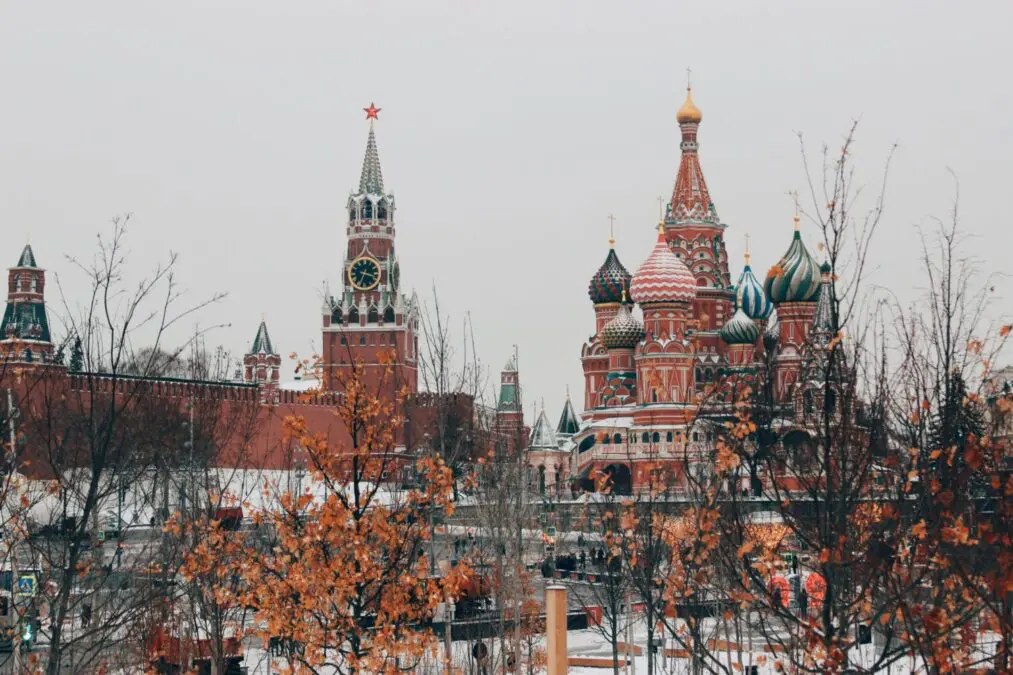On 1st of August a bill was introduced
A bill was introduced in the State Duma of Russia, which prohibits citizens of “enemy countries” from adopting Russians, Reuters reported.
Russia’s list of enemy states has expanded after many countries imposed sanctions on Russia over its invasion of Ukraine in February. This list currently includes the US, UK, all of the EU, South Korea and Japan.
Beginning of April 2022 a series of constitutional amendments signed by President Vladimir Putin intensified Russia’s years-long crackdown on LGBTQ+ rights. The wide-ranging amendments formally outlaw same-sex marriages and ban transgender people from adopting children. Marriage equality had been long treated as illegal in Russia, where LGBTQ+ people commonly face persecution from governmental authorities, but as local activists told the Washington Blade, the definition of a family unit as “exclusively… a union of a man and a woman” was absent from the country’s constitution prior to this week.
Other amendments signed by Putin include new presidential term limits allowing him to remain in power until 2036 and grant him total immunity from prosecution for the remainder of his lifetime, as the Associated Press reports. The president also approved language specifying “a belief in God” as central to Russian values along with vaguely worded restrictions on “negative foreign interference in the educational process.”
The latter measure has proven highly controversial, with more than 1,000 artists, academics, and leading Russian cultural figures warning that it stands to impact virtually “any public activity” in which “knowledge and expertise are disseminated” in a March open letter.
The amendments were approved in a June 2020 constitutional referendum, in which they were backed by an overwhelming 78% of Russian voters. The language banning same-sex unions was central to that effort, with one TV commercial depicting a young orphan being adopted by a gay couple, one of whom wears makeup and effeminate clothing. As the 90-second ad spot ends, workers at the orphanage look on in horror as the men give their new son a dress while they usher him into their car.
The targeting of queer and trans people follows a continued campaign of scapegoating vulnerable minorities in Russia. In 2013, Putin signed a law forbidding the spread of pro-LGBTQ+ “propaganda” to minors under the age of 18 — which has, in practice, served to target everything from Pride parades to carrying a pink iPhone case in school.
In the eight years since that law passed, hate crimes targeting people due to their perceived sexual orientation or gender identity have doubled. The semi-independent Russian territory of Chechnya recently marked the four-year anniversary of its infamous “gay purge,” in which individuals suspected of being LGBTQ+ are rounded up, beaten, tortured, and sometimes killed. Over 200 people are estimated to have been detained while at least three have died.
Putin, who oversees the Muslim majority region, has yet to speak out about the anti-LGBTQ+ campaign, which is ongoing. Russian leaders, meanwhile, have dismissed reports of violence, with a spokesperson for the Kremlin telling reporters in 2017 that there is no “reliable information about any problems in this area.”
Russia’s human rights commissioner Tatyana Moskalkova further claimed that the reports were fabricated by people who “plan to capitalize on this,” calling allegations of human rights abuses a “provocation.”
Even despite sanctions on Chechen leaders from the United States and European Union, Putin has defended his country’s record on LGBTQ+ rights. After singer Elton John slammed Russia’s censorship of gay scenes in the 2019 biopic Rocketman, Putin claimed that the singer’s characterization that he is hostile to “policies that embrace multicultural and sexual diversity” is a “mistake.”
“We [in Russia] have a very neutral attitude to members of the LGBT community,” the president said at the time.
Description photo: View of the Moscow Kremlin and St. Basil’s Cathedral from Zaryadye Park in Moscow by Michael Parulava /unsplash.com






